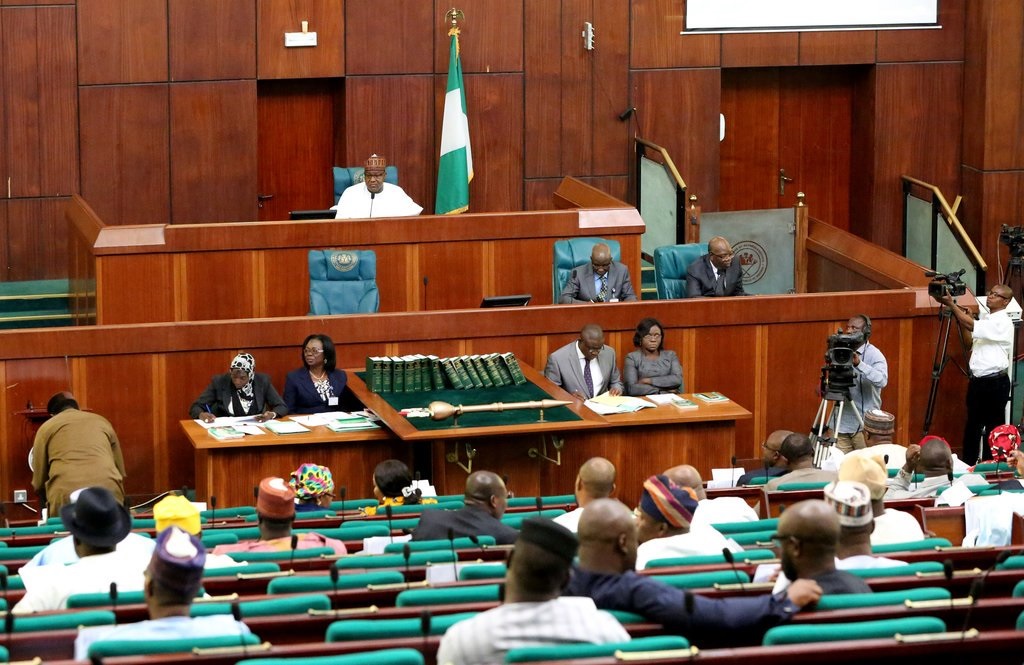Shehu Sani, senator representing Kaduna central, says the Subsidy Reinvestment and Empowerment Programme (SURE-P) and the National Social Investment Programmes (NSIP) are largesse dispensed for political goals.
The SURE-P was created in 2012 during the administration of ex-President Goodluck Jonathan while the NSIP was created by the administration of President Muhammadu Buhari to reduce unemployment.
Sani alleged that the programmes are aimed at throwing handouts and crumbs to the masses with the aim of pacifying them and retaining their support for the political establishment and the ruling parties.
According to him, the SURE-P was designed to build the support base of the Peoples Democratic Party (PDP) while N-Power was designed to build that of the All Progressives Congress (APC).
Advertisement
He described the programmes as “handouts thrown to the masses to purchase their conscience and loyalty”.
“The ideological basis and reasoning of both the SURE-P and NSIP programmes is to reinforce the iniquities, inequalities and plunder inherent in the prevailing socioeconomic system that institutionalized the class privilege of a few against a many,” he said.
“The SURE-P programme was designed to build up the grassroots support base of the PDP and the N-Power was designed to build the grassroots support base of the APC.
Advertisement
“SURE-P and NSIP are institutionalised state generosities and philanthropy presented as social intervention while actually intended to neutralise mass resistance against social injustice and inequality presided over by the political establishment and the ruling elites.
“SURE-P and N-Power are all hands outs thrown to the poor ‘to purchase their conscience and loyalty’.
“SURE-P was a larcenous bread of corruption and N-Power is a butter of social deceit. Nigeria’s poverty problems can’t be solved by a ration system of throwing peanuts.
“N-Power is a repackaged SURE-P programme that only encourages the culture of social dependency on state handouts.”
Advertisement
Add a comment






